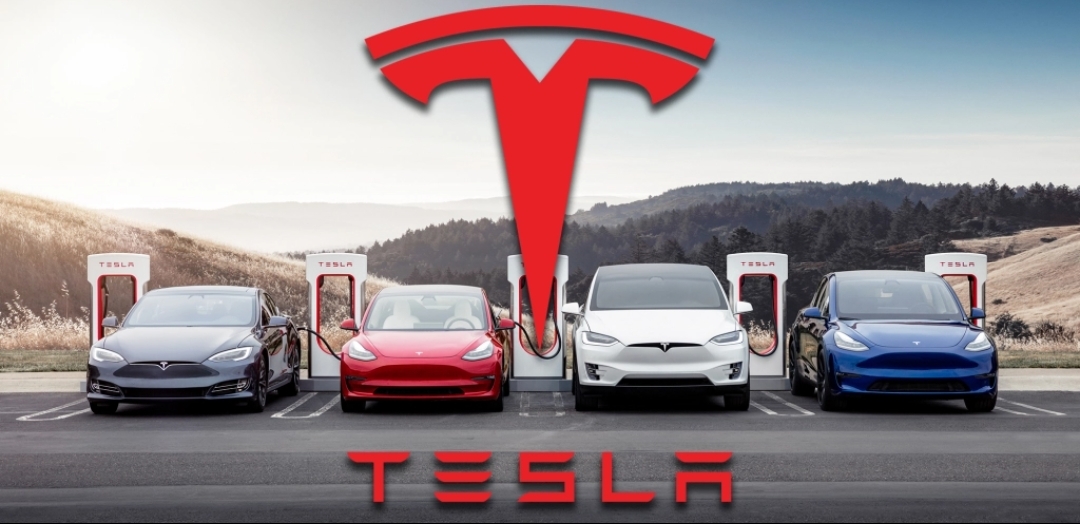Investors are fretting because the automaker is giving up a $1.3 billion subsidy.
Good news for Tesla (NASDAQ:TSLA) investors! Demand for electric vehicles in China is apparently so strong that Tesla has decided to invest $188 million to expand production capacity at its Shanghai factory. It's so high that Tesla is putting 4,000 more people on the payroll at the site, as Reuters reported Friday morning.
On the one hand, this sure sounds like upbeat news. Tesla initially wanted its Shanghai factory to produce 500,000 cars per year -- and it already has the capacity to manufacture 450,000 Model 3 sedans and Model Y crossovers annually. This decision speaks to CEO Elon Musk's confidence that even 500,000 vehicles a year soon won't be enough to meet the demand for Teslas in China and the European markets that its Chinese facility also supplies.
And yet Europe may also be part of Tesla's problem. As Reuters also reported Friday, the automaker just withdrew its application for state support for the construction of a planned battery plant near Berlin, Germany. Tesla had previously asked the Federal Ministry of Economics and the Brandenburg Ministry of Economics for some $1.3 billion in subsidies for the plant. But citing his belief that "all subsidies should be eliminated" from the electric car industry, Musk says he's now willing to forego that state support -- and hopes that governments will also eliminate "massive subsidies for oil and gas."
Thus we're left with a sort of "bad news, good news" situation in Germany. On the one hand, Tesla is giving up $1.3 billion that would have essentially dropped straight to its bottom line as the German government picked up part of the tab for the automaker's capital expenditures.
On the other hand, though, Tesla is making it clear that doesn't really need these subsidies anymore. Over the past 12 months, it has generated free cash flow of $2.6 billion, and GAAP (generally accepted accounting principles) profits of $3.5 billion. By forgoing this subsidy, Tesla gains a bit of moral authority as it urges governments to not subsidize rivals such as Rivian, Lucid, and other EV companies that have not yet reached profitability (and to halt subsidies to oil companies, too).
For the moment, investors seem to be focusing on the negative aspects of the news. Longer term, though, I suspect that Tesla's decision to give up this subsidy will prove a clever move that will only make the company a stronger competitor.

精彩评论